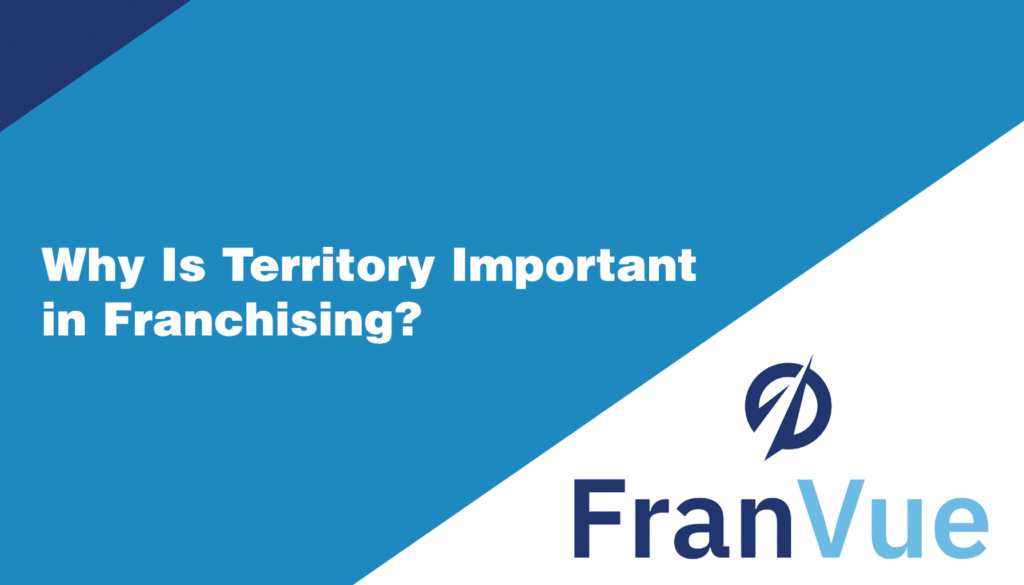Buying a franchise is like buying a real estate property. No, we are not referring to a physical building. We are talking about the geographical area you are going to get as a franchise owner. Your franchise territory. Your “property.”
Franchise Territories
There are various ways to define a territory in franchising. One common way franchisors use to define territories is with zip codes or counties.
Franchisors can also define a territory with demographics. The appropriate demographics for the kind of franchises they are selling, e.g., the number of households with kids or the number of households that earn more than $100,000.
The territories of B2B (business to business) franchises are defined differently. They are typically based on the number of businesses in a particular area.
Contact your franchise salesperson for territory information on the franchise opportunities you are considering.
Why Do Franchisors Give an Exclusive Territory to Franchisees?
Many franchisors offer “exclusive territories” to franchise owners. This allows them to be in control of a particular area and gives them peace of mind that no other franchisees of the company will pop up in their territory. That is, franchisees are protected by the franchisor. At least, that’s how it seems.
However, an exclusive franchise territory is not the same as a protected territory. While both terms are often used in place of another, they differ in their meanings as far as franchising is concerned. Ideally, if you get an exclusive franchise territory, no other franchisee will be allowed to sell the franchisor’s products or services in that territory. But if a franchisor offers you a “protected” territory, then your franchise contract may allow for some kind of competition, for example, selling of the franchisor’s goods via other channels of distribution like the internet.
The takeaway: You must ensure that you completely understand what’s included and not included in your franchise territory before signing the dotted lines.
The importance of getting a good territory
When buying a franchise, you only have one chance to secure a good territory. So, make sure that you get the best one possible.
In essence, you want a territory that has a lot of room for growth, allowing you to fulfill your financial and personal goals. A territory with a good business climate and plenty of consumers who can buy the franchisor’s products or services
The question is, how do you get the necessary information to make sure your territory is good enough?
You visit a Small Business Development Center (SBDC) closest to you for information. Partly financed by U.S. Small Business Administration, these centers have in-house advisors who can offer a wide range of business consulting services for SME owners, such as market research assistance, for free. Visit this link to find an SBDC nearest to you.
Speak with Existing Franchisees
While doing your due diligence, which includes speaking with multiple franchises, you need to ask them about the franchise territory. Below are a couple of questions to ask:
- Were you given your first choice of territory?
- Is your territory big enough to allow you to achieve your financial goals?
- Do you intend to buy another territory?
- Can you share any tips that will help me get the best territory available?
Bear in mind that franchise territories are permanent.
So, you need to be sure your territory is large enough and has the appropriate demographics for your type of business to raise your success chances as a franchisee.


